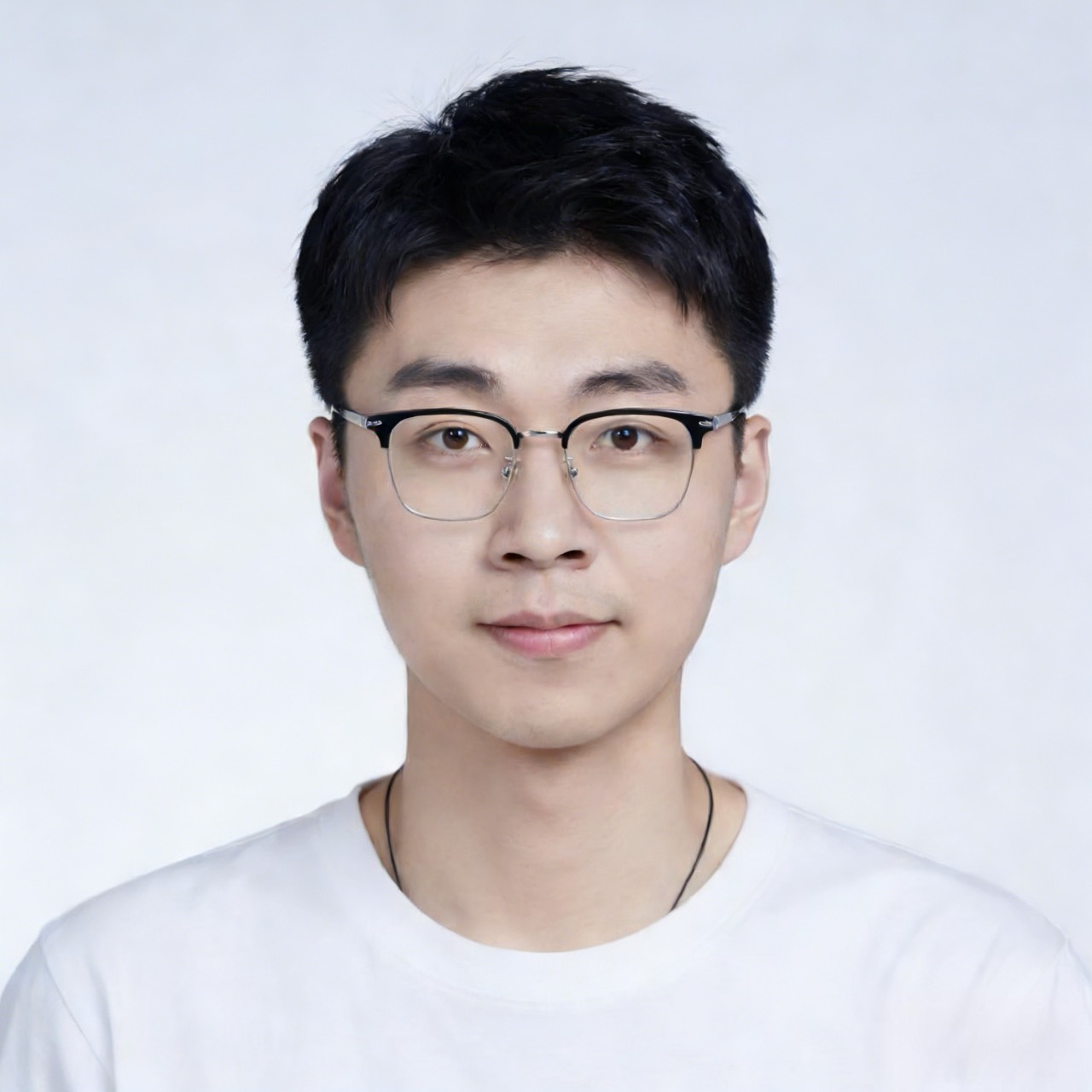Zhihao Zhan 展志昊Autopilot Algorithm Department TopXGun Robotics Mail: zhihazhan2-c [at] my [dot] cityu [dot] edu [dot] hk |

|
About Me
I am currently serving as the Algorithm Team Lead at TopXGun (Nanjing)
Robotics Co., Ltd. in China, where I lead a small team focusing on SLAM, Perception, 3D Reconstruction,
and Coverage Path Planning for UAV autopilot systems.
Previously, I received an M.Sc. in Multimedia Information Technology from the City University of Hong Kong, supervised by Prof. Ho
Man Chan.
My research interests lie in SLAM, Spatial AI, and Robotics, particularly in the following areas:
- Multi-sensor fusion SLAM and Structure-from-Motion (SfM).
- Feed-forward 3D reconstruction, such as 3D Gaussian Splatting and VGGT.
- Cross-view and cross-domain place recognition.
News
- Jun, 2025 - One paper is accepted by ICSPS 2025.
- Jun, 2025 - One paper is accepted by IROS 2025.
- May, 2025 - One paper is accepted by ICIP 2025.
Publications
*: co-first author; blue: journal; green: conference
2026
DC-VLAQ: Query-Residual Aggregation for Robust Visual Place Recognition
Hanyu Zhu*, Zhihao Zhan*, Yuhang Ming*, Liang Li, Dibo Hou, Javier Civera, Wanzeng Kong
arXiv preprint arXiv:2601.12729, 2026
2025
AgriLiRa4D: A Multi-Sensor UAV Dataset for Robust SLAM in Challenging Agricultural Fields
Zhihao Zhan, Yuhang Ming, Shaobin Li, Jie Yuan
arXiv preprint arXiv:2512.01753, 2025
[Website] [Code]
High-Quality Spatial Reconstruction and Orthoimage Generation Using Efficient 2D Gaussian Splatting
Qian Wang*, Zhihao Zhan*, Jialei He, Zhituo Tu, Xiang Zhu, Jie Yuan
arXiv preprint arXiv:2503.19703, 2025
Rethinking Video Super-Resolution: Towards Diffusion-Based Methods without Motion Alignment
Zhihao Zhan*, Wang Pang*, Xiang Zhu*, and Yechao Bai
17th International Conference on Signal Processing Systems (ICSPS), 2025, Oral
A Multi-Sensor Fusion Approach for Rapid Orthoimage Generation in Large-Scale UAV Mapping
Jialei He*, Zhihao Zhan*, Zhituo Tu, Xiang Zhu, and Jie Yuan
IEEE/RSJ International Conference on Intelligent Robots and Systems (IROS), 2025, Oral
[Code]
Image Motion Blur Removal in the Temporal Dimension with Video Diffusion Models
Wang Pang*, Zhihao Zhan*, Xiang Zhu*, and Yechao Bai
IEEE International Conference on Image Processing (ICIP), 2025
[Website] [Code]
Academic Services
Conference Reviewer
- IEEE/RSJ International Conference on Intelligent Robots and Systems (IROS): 2025
- IEEE International Conference on Robotics and Automation (ICRA): 2026
- ISPRS Congress: 2026
Journal Reviewer
- Geo-spatial Information Science
| © Zhihao Zhan | Last update: Jan. 2026 |


